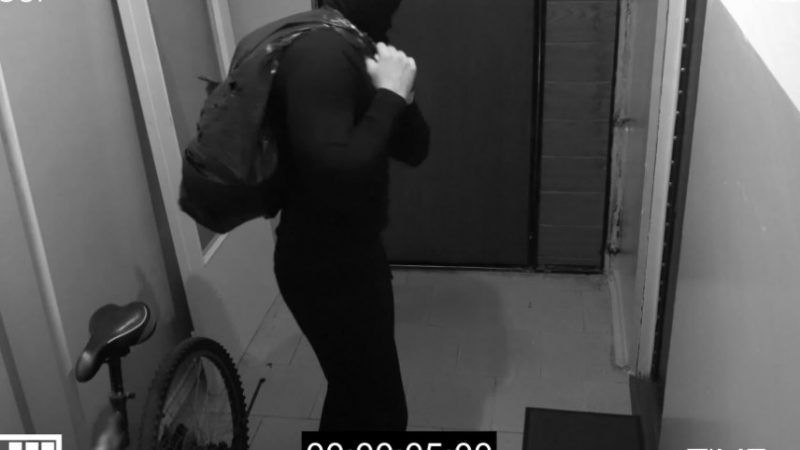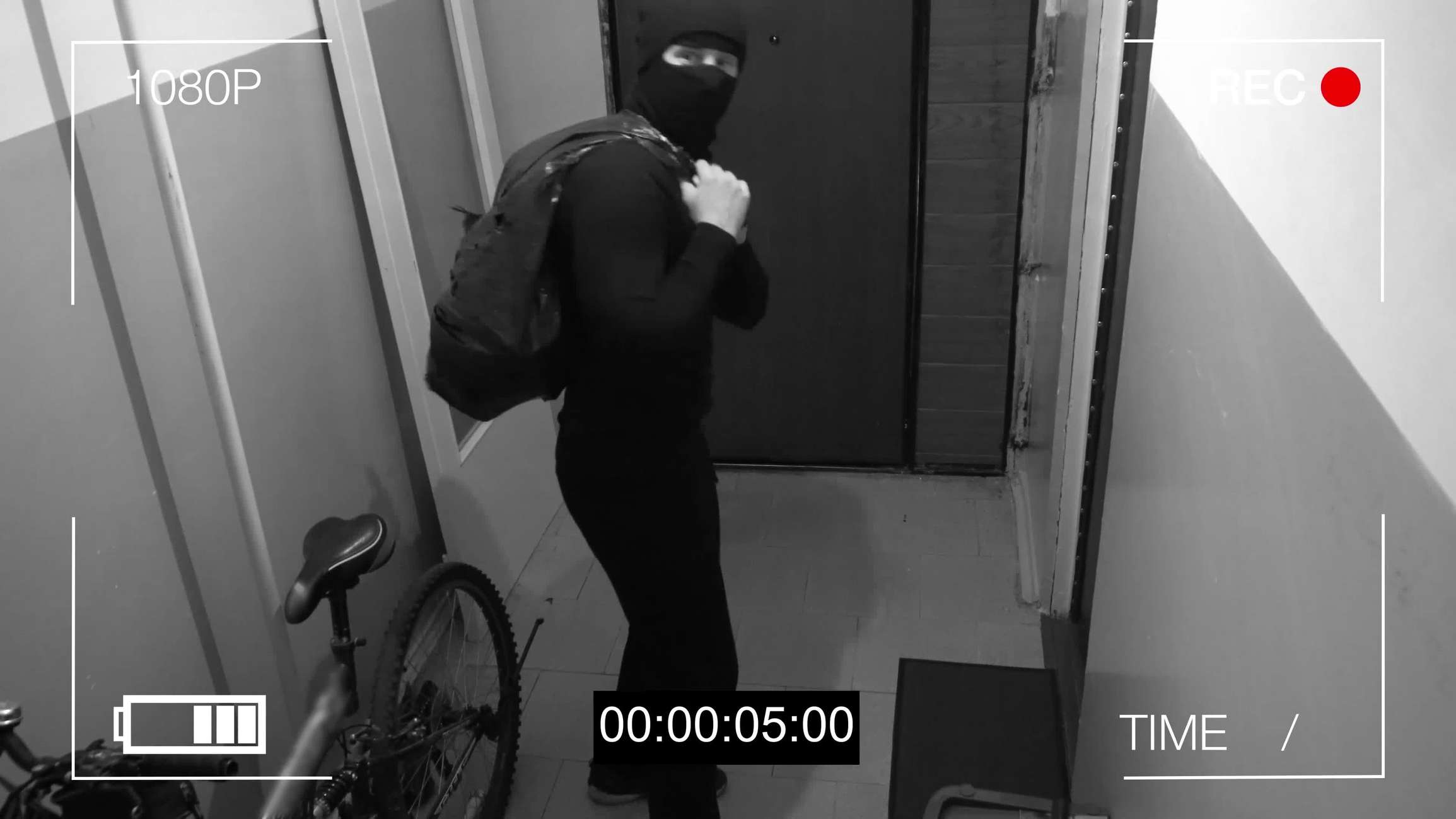City Orders Businesses to Join Its Police Surveillance System
Saginaw demands that establishments install video cameras and turn over footage.


City leaders in Saginaw, Michigan, are drafting local shops into the crime-fighting business. The city has ordered local businesses to install video cameras and to turn over footage to the police on demand.
Saginaw City Council voted unanimously yesterday to pass an ordinance requiring certain types of businesses (with "characteristics which may tend to increase the risk of criminal activity on their premises") to install a minimum of three surveillance recording cameras. These must be in operation whenever the business is open, and one camera must be positioned to record the face of each person entering or leaving.
Not all businesses are covered by the new rules, but if you spend time in Saginaw, you're likely to walk into one of these places. Besides some obvious choices—banks, gun shops, check-cashing businesses—the ordinance covers all hotels, gas stations, pharmacies, cell phone dealers, and places that sell liquor (or allow liquor to be consumed on the premises, like a banquet hall).
All these businesses will have a year to install their surveillance systems, subject to approval and inspection by the Saginaw Police Department. Then, if "a crime occurs" involving the business (the ordinance is written very vaguely), the establishment will provide the recording of the incident to the police. If the business resists, police will attempt to get a search warrant. Businesses are required to retain all recordings for at least 30 days; if the police contact them about a crime, they have to retain their recordings of the incident for at least 60 days.
Businesses will be subject to inspections of their surveillance systems whenever the chief of police damn well pleases. The new law states the chief or a designee can inspect the system at any "reasonable" time to make sure it's in compliance with the city ordinance, which also seems like a nice way of getting around any demand by a business that police get a warrant to review footage. Police could also use such a demand to access surveillance for purposes other than investigating a crime.
You would think that the city of Saginaw, population around 50,000, must be in the midst of a massive crime wave. The opposite is true. While Saginaw's violent crimes historically are far above average, overall crime in the city has dropped significantly over the past decade. As in many other American cities, Saginaw's crime is on the decline and has been for a while.
But that's not enough for city leaders who want to force businesses to install (and pay for) equipment that lets the police snoop on folks. A recent beating and robbery of a 65-year-old woman captured on surveillance footage in Saginaw is being used to make the case that video recording devices should be mandatory.
Saginaw Police Chief Bob Ruth claims businesses can get compliant surveillance systems for $300–$350.
This quote from Ruth, in Michigan Live, has a confounding use of "we," which seems to indicate that Ruth doesn't even recognize that private businesses are not there to do the city's bidding:
"I think the extra work that we're doing is far outweighed by the quality of work we're going to get in the end, on the way we'll be able to solve cases. It's really going to help us." [emphasis added]
Those who attempt to defy the city's ordinance will face fines for each day they are out of compliance. And eventually they could lose their business licenses.
It's not unusual for a city or a police department to attempt to force a business to shell out for surveillance equipment and other costly security demands when violent crime or drug dealing frequently takes place on or near the premises. Officials use "nuisance abatement" procedures and zoning rules to essentially force them to help the police or get shut down.
It's less common for a city to make these demands in advance and absent any evidence that a particular business is a crime incubator. Ruth says he's gotten good feedback from business owners for the ordinance. If businesses are all on board, what did they actually need the ordinance for? Wouldn't the businesses already have them?
Read the ordinance for yourself here. It starts 31 pages into the agenda for last night's Saginaw City Council meeting.


Show Comments (35)